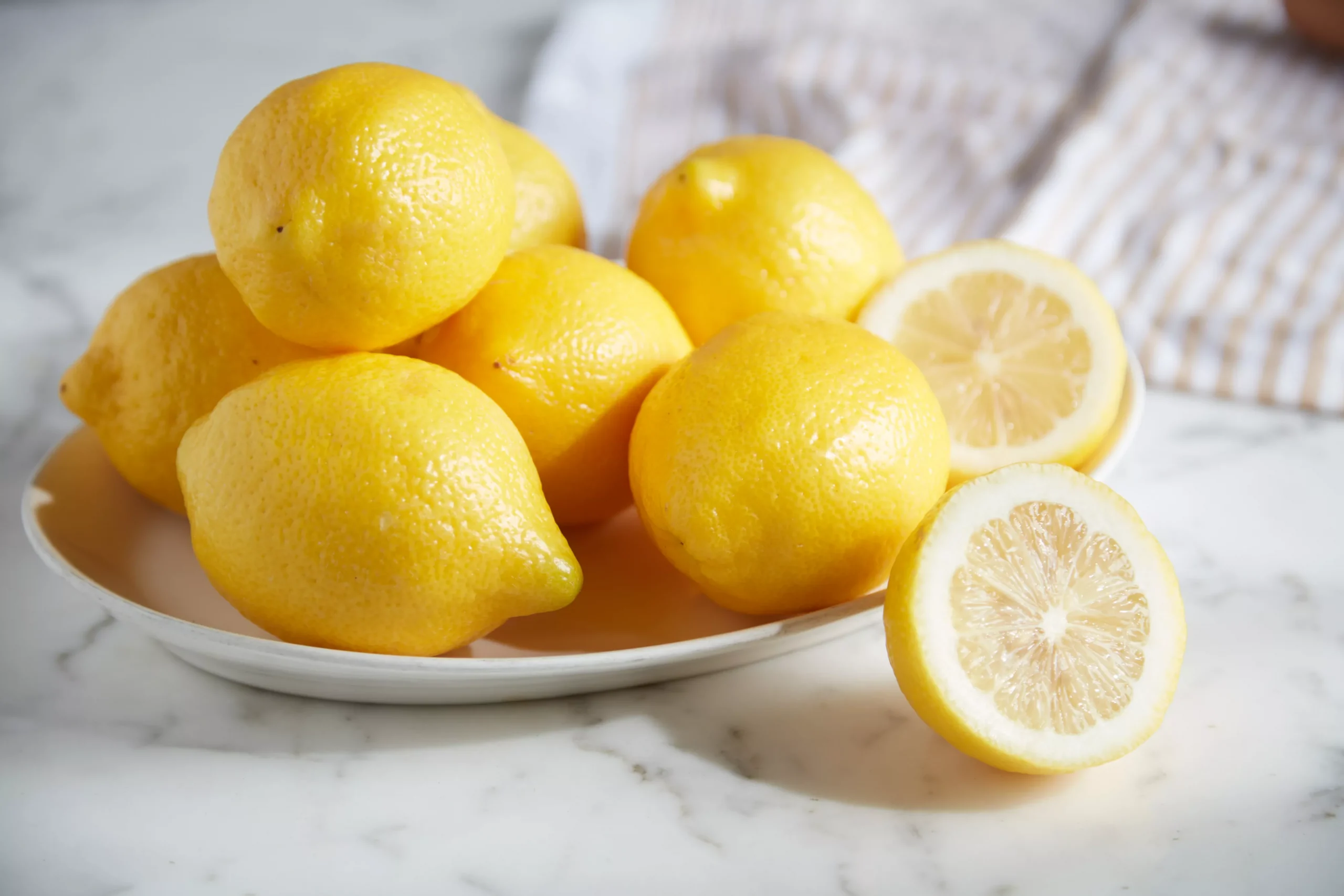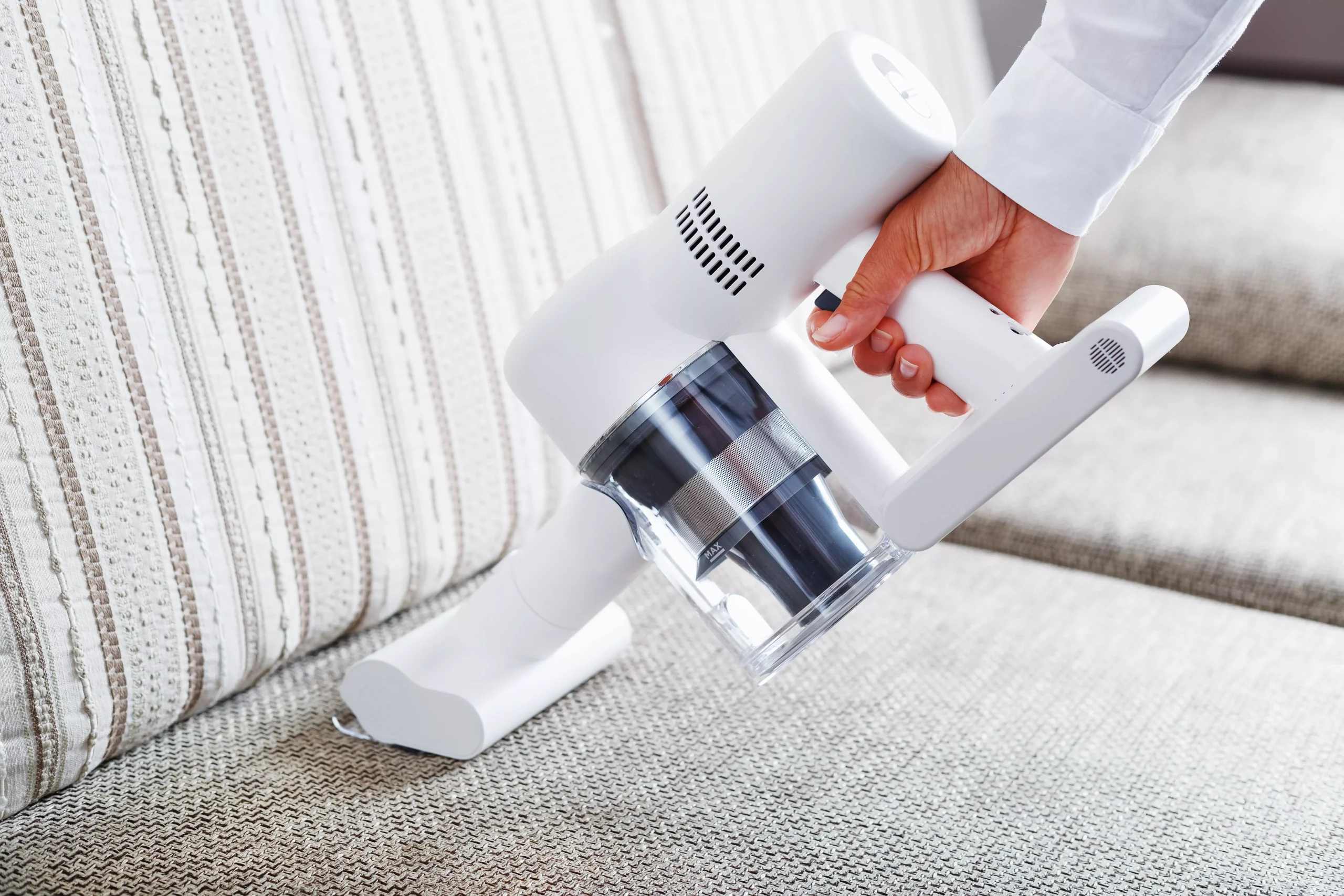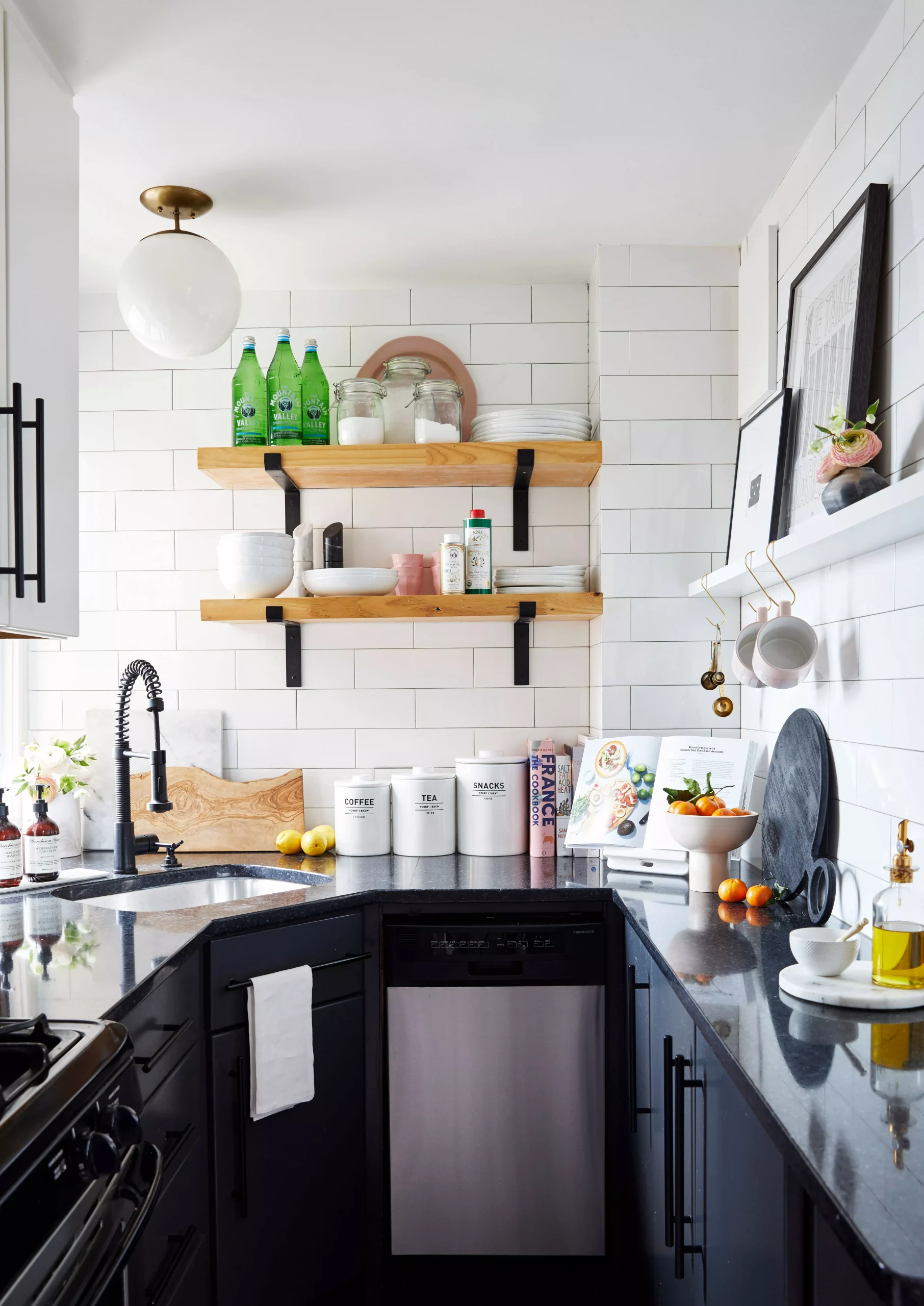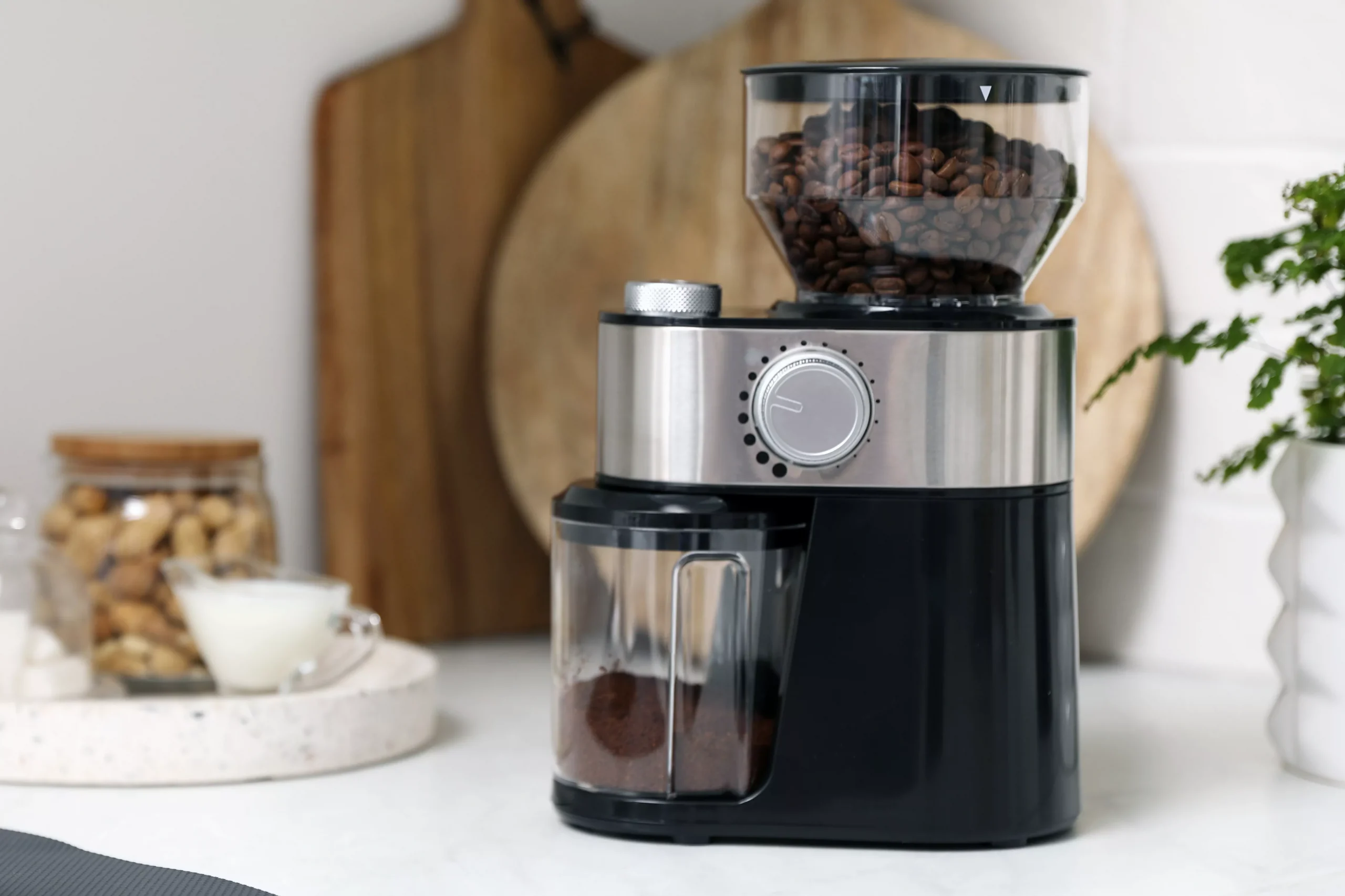
Lemon juice is outstanding at cleaning up numerous things– it is specifically useful for tackling challenging mix discolorations from sunscreen and for deodorizing cutting boards that have actually retained strong smells from foods like onions and garlic. However lemon juice is not safe to utilize on all surface areas and fabrics and, critically, it should never ever be blended with chlorine bleach, nor with products that contain bleach, as the mix develops dangerous toxic fumes.
To prevent expensive damage, or even worse, it is very important to understand that several common household products must not be cleaned with or exposed to lemon. Some of these might amaze you, so keep reading to learn what you ought to never clean up with lemon.
1. Bleach
Chlorine bleach produces a chain reaction that creates hazardous chlorine gas when combined with acids. You may have heard not to mix bleach with vinegar, and the exact same rule is true for lemon juice. Never ever blend chlorine bleach or items which contain chlorine bleach with lemon juice, ever, under any circumstances.
Never blend lemon with chlorine bleach or products that contain bleach.
2. Natural Stone
Natural stone surfaces, including counters, backsplashes, floorings, furniture, and devices should not be exposed to lemon juice. The acid in lemon juice can cause pitting to occur in marble, granite, slate, and other natural stones.
3. Hardwood Floors
Lemon juice can damage the seal on hardwood floor covering, producing a dull appearance and leaving the floors prone to damage. Prevent cleansing hardwood floorings with lemon and, if you drop a piece of lemon or spill lemon juice, clean it up as rapidly as possible to decrease the seal’s direct exposure time to the citric acid.
4. Brass Plating
This item can be a bit tricky when it concerns cleaning up with lemon. While solid brass can be polished using lemon or other acidic cleaning agents, brass-plated products must never ever be cleaned with lemon juice, as it can trigger rust. How can you inform if an item is produced from strong brass versus brass plate? Utilize the magnet test: Hold a magnet versus the product– if the magnet is not attracted to the metal, it is solid brass, but if you feel a magnetic pull, the piece is made from brass plate and you must avoid the lemon juice.
5. Dark or Brightly Colored Clothing
Lemon juice can have a bit of a lightening impact on dark and brightly colored clothing and textiles, causing irreparable color loss. Avoid squeezing it directly onto dark or dynamic clothing, home goods, and upholstery. Rather, use our guide to removing typical fabric spots.




